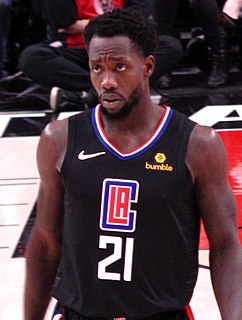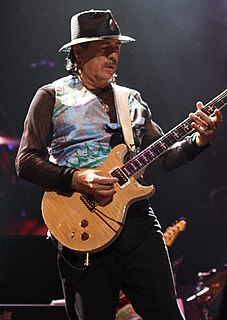A Quote by John Barrowman
We get the scripts before the table read, but I don't look at them until we go into the table read. I don't want to know, when I'm playing a moment in the current episode, what's going to happen because it might change how I'm playing that.
Related Quotes
My husband is Dutch, and his family, when you sat down to eat food at the table, you never left the table until you ate living bread and drank living water. They never left the table until they'd read Scripture together. So morning, lunch, suppertime, Scripture was always read at the table, and then there was prayer to close.
On 'Lab Rats,' I read the script probably three or four times before we ever even do a table read because I want to be completely prepared. And I want to know exactly which beats I have to hit and where I need to make something comical. Some lines need a little more than others do just to get the point across, to get the joke to be funny.
A lot of actors choose parts by the scripts, but I don't trust reading the scripts that much. I try to get some friends together and read a script aloud. Sometimes I read scripts and record them and play them back to see if there's a movie. It's very evocative; it's like a first cut because you hear 'She walked to the door,' and you visualize all these things. 'She opens the door' . . . because you read the stage directions, too.
With 'Hannibal,' it's like reactive scoring so I don't get ahead. I don't read a script; I don't want to know what's going to happen until its happening in front of me and I'm able to have an instrument in my hands that I'm playing to make some kind of a map, some sort of tonal map, that I can then build on.
If you are really serious about playing golf and playing good golf, stick to the basic fundamentals. Sure, there's going to be a little change here and a change there, but you don't want to make them. You want to stick to the things that you started with, and you learned, and you know how to apply them.
You liked the freshness of it, c'mon try it" and I said "oh God, I read it three of four times" and finally I said "all right, I want you guys to organize a reading and I want you to be there to see how terrible this is not going to work at all", so we had a table like this, and read the script, and it was just great.
People try to look for deep meanings in my work. I want to say, 'They're just cartoons, folks. You laugh or you don't.' Gee, I sound shallow. But I don't react to current events or other stimuli. I don't read or watch TV to get ideas. My work is basically sitting down at the drawing table and getting silly.
Young screenwriters are always very frustrated when they talk to me. They say, 'How do we get to be a screenwriter?' I say, 'You know what you do? I'll tell you the secret, it's easy: Read 'Hamlet.' You know? Then read it again, and read it again, and read it until you understand it. Read 'King Lear,' and then read 'Othello.'



































